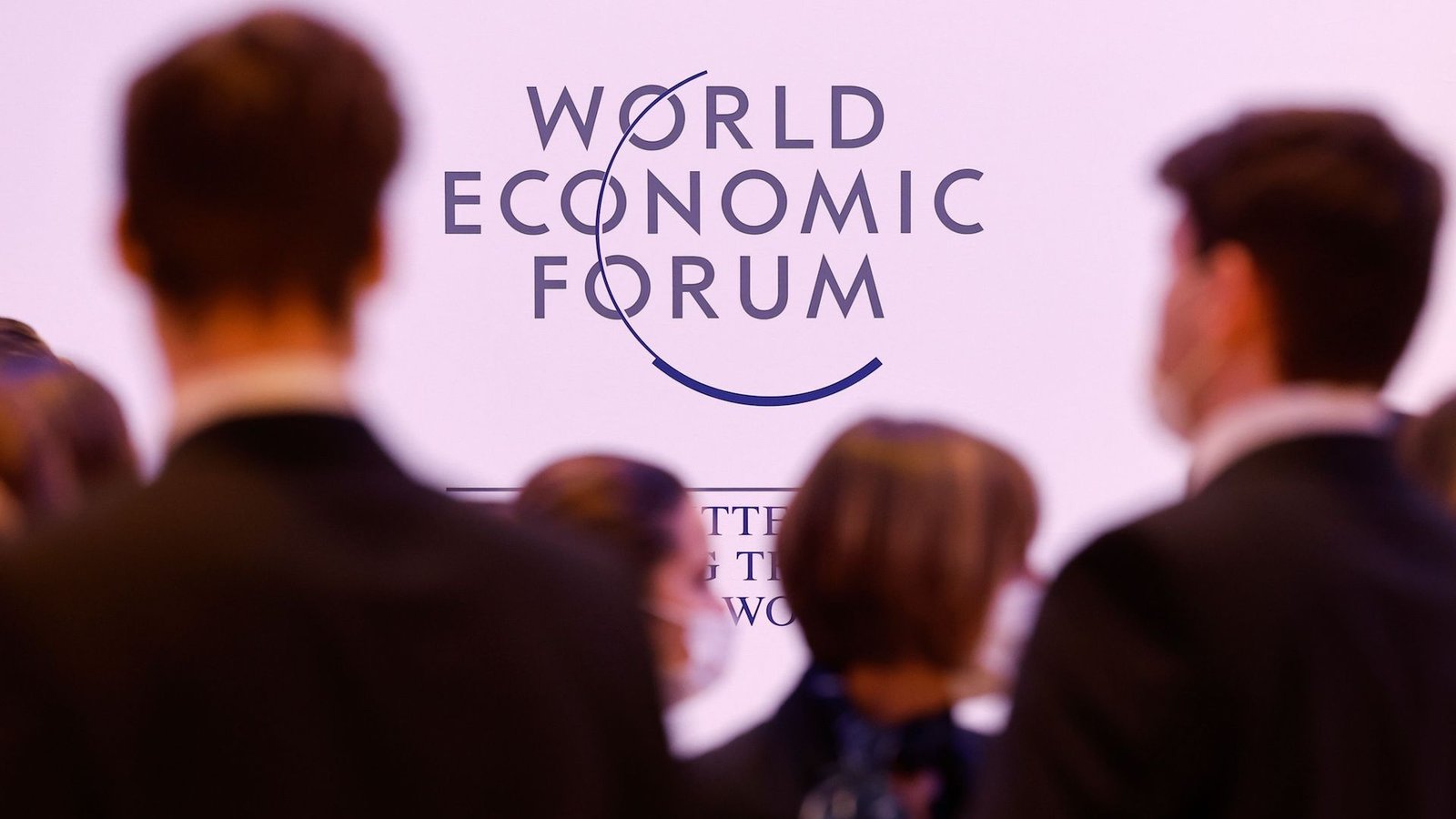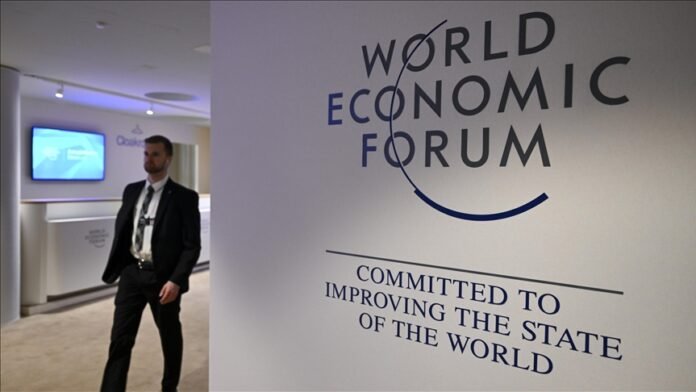Staff Reporter
A recent survey from the World Economic Forum (WEF) has identified armed conflict as the top risk for 2025, underscoring the increasing fragmentation of the global landscape. This finding comes as government and business leaders prepare to gather for their annual meeting in Davos next week.
Nearly 25% of over 900 experts from academia, business, and policymaking rated conflict—encompassing wars and terrorism—as the most significant threat to economic growth in the coming year.
Extreme weather, which was the primary concern in 2024, has been ranked as the second most pressing danger.
“Rising geopolitical tensions and a fracturing of trust are driving the global risk landscape,” said Mirek Dusek, Managing Director of the World Economic Forum (WEF), in remarks accompanying the report. “In this complex and dynamic context, leaders have a choice: to find ways to foster collaboration and resilience, or face compounding vulnerabilities.”
The WEF meeting kicks off on January 20, with Donald Trump, set to be sworn in as the 47th president of the United States, addressing the gathering virtually on January 23. Ukrainian President Volodymyr Zelenskiy is also scheduled to attend and deliver a speech on January 21, according to WEF organizers.
Advisers to Trump have acknowledged that the war in Ukraine may take months, if not longer, to resolve, providing a stark reminder of the challenges ahead for his promise to negotiate a peace deal on his first day in office, Reuters reported.
Other prominent leaders expected at Davos include European Commission President Ursula von der Leyen and China’s Vice Premier Ding Xuexiang.
At the upcoming World Economic Forum (WEF) meeting, significant attention will be given to the humanitarian crises in Syria and Gaza, as well as the potential escalation of conflicts in the Middle East, according to WEF President and CEO Borge Brende.
Negotiators were finalizing the details of a potential ceasefire in Gaza on Wednesday after extensive discussions in Qatar. The threat of misinformation and disinformation has been identified as the most pressing global risk for the next two years, maintaining the same ranking as in 2024.
Looking over a ten-year horizon, environmental threats continue to dominate experts’ concerns. The survey found extreme weather to be the top long-term global risk, followed by biodiversity loss, critical changes to Earth’s systems, and shortages of natural resources.
Last year, global temperatures exceeded 1.5 degrees Celsius (2.7 degrees Fahrenheit) above pre-industrial levels for the first time, raising alarms about the commitments made under the 2015 Paris climate agreement.

The survey defines a global risk as a condition that could negatively impact a significant portion of global GDP, population, or natural resources.
Conducted in September and October, the survey revealed that 64% of respondents anticipate a multipolar, fragmented global order will continue.

